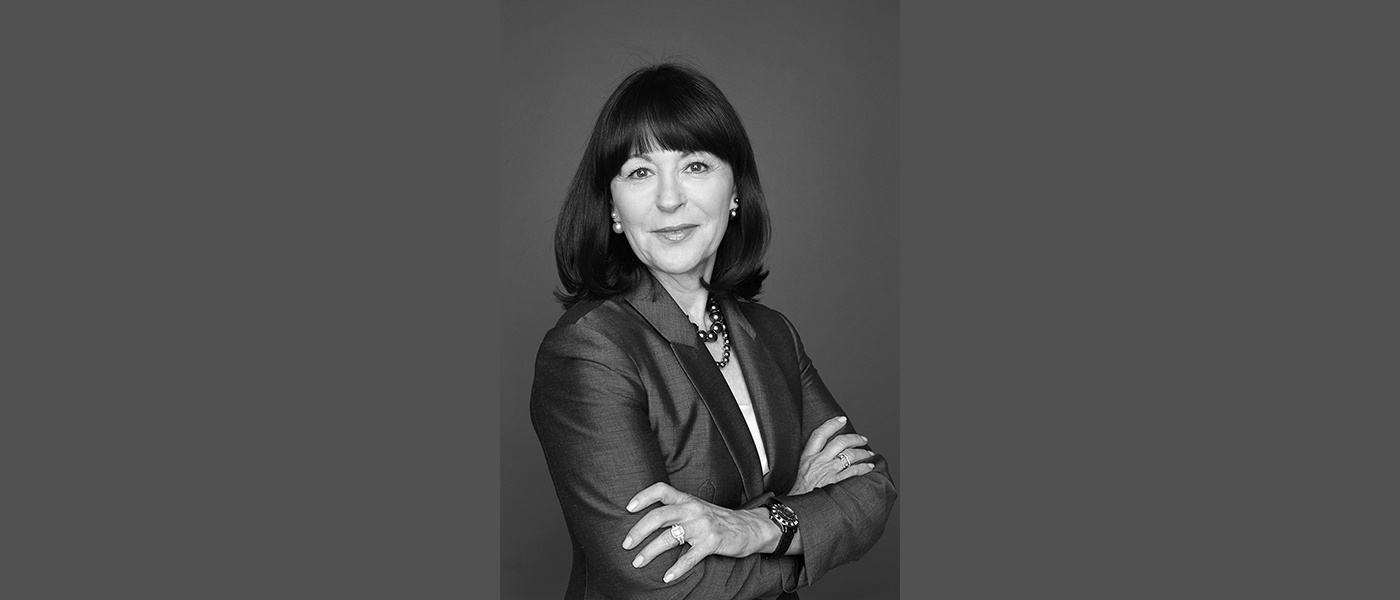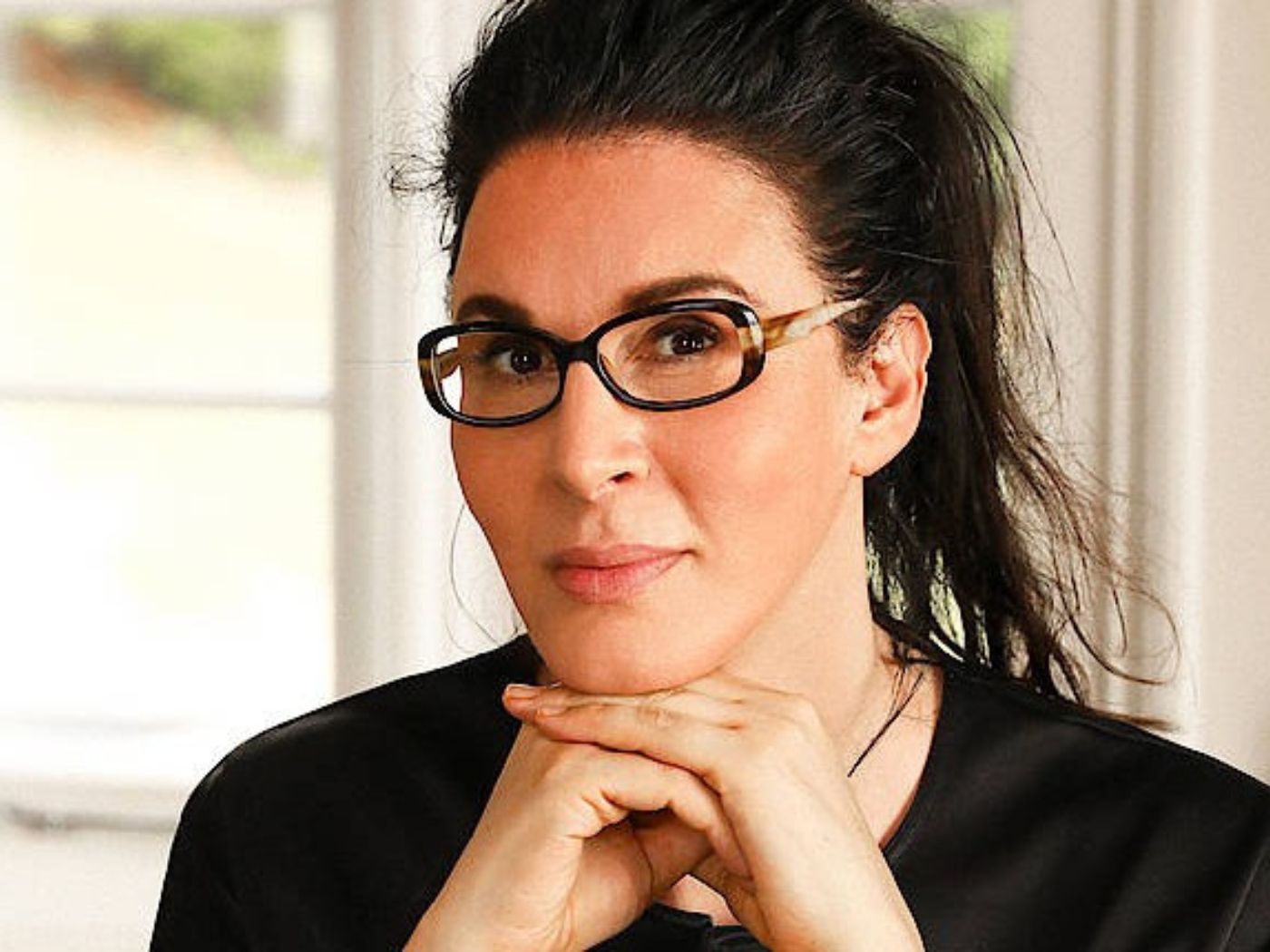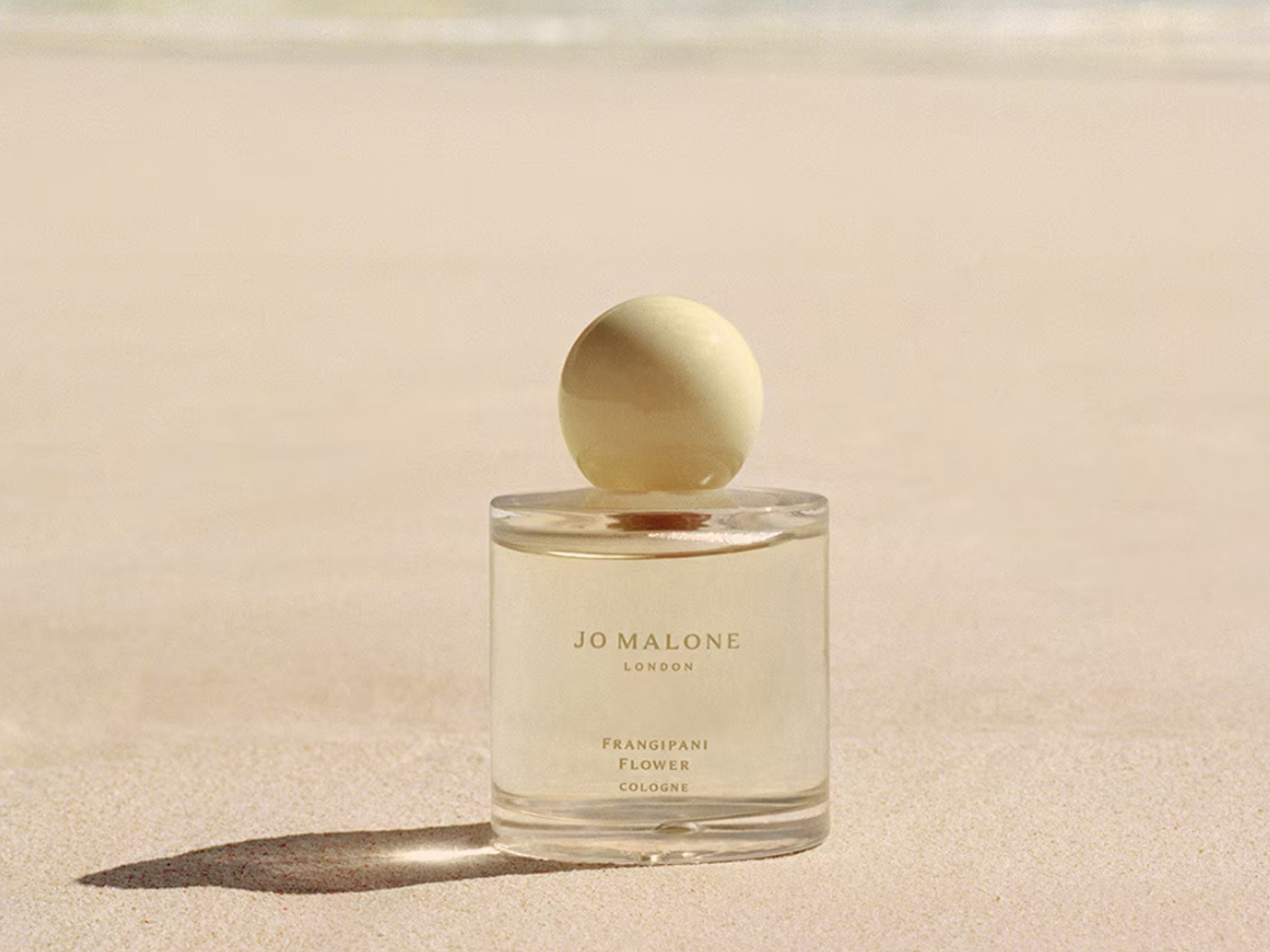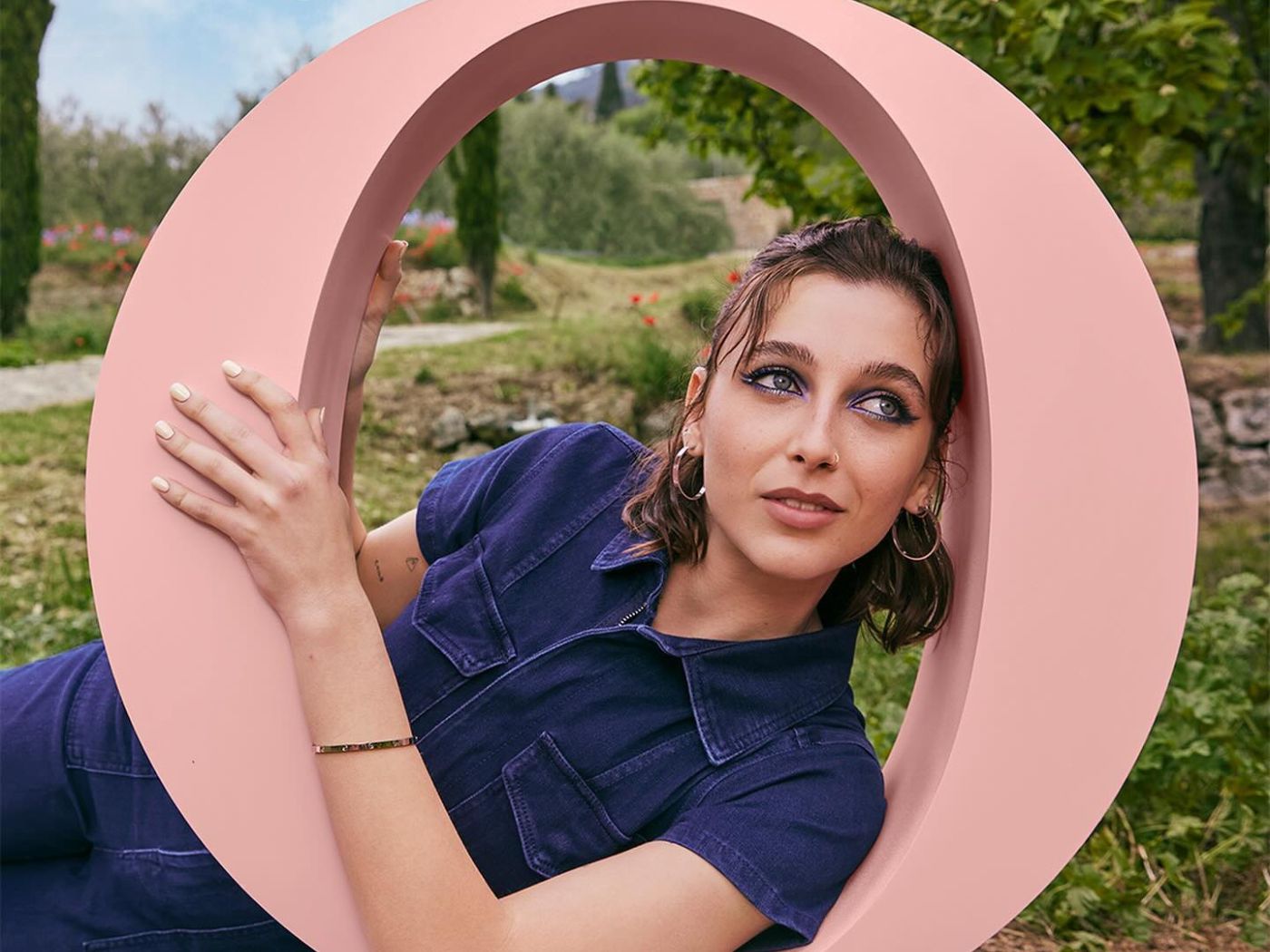Beauty veteran Pamela Baxter has joined MidOcean Partners, a New York–based alternative asset manager specializing in middle-market private equity and alternative credit investments, as Operating Partner and Executive Board Member. In her new role, Pamela will further develop and execute the firm’s growth strategy within the beauty, personal care, and health and wellness spaces. The firm had previously invested in beauty and personal care brands including, Image Skincare, BH Cosmetics, Agilex Fragrances and Waterpik. The move is not a far reach for the beauty industry veteran who co-founded Bona Fide Beauty Lab, a beauty incubator that provides funding and mentorship to female founder–led beauty businesses. She also serves as a mentor to the Sephora Accelerate Program and Entrepreneurs Roundtable Accelerator. Prior to Bona Fide Beautylab, Pamela was President and CEO of beauty at LVMH North America, overseeing Dior, Guerlain, Givenchy, Acqua di Parma and Fresh for the U.S. and Canada, as well as Dior Couture in North America. Prior to LVMH, Pamela spent more than 20 years at The Estée Lauder Cos., holding various marketing, sales, product development and distribution roles. Here, Pamela talks to CEW Beauty News about her new role, indie brands and her thoughts on the future of retail.
Beauty News: What makes this new role at MidOcean Partners a natural fit for you?
Pamela Baxter: I’ve always been interested in entrepreneurism. This goes back to my days at The Estée Lauder Companies when I engaged with Jo Malone, and Lauder ended up purchasing it. That was my first real founder-led business experience and Jo was delightful to work with and it was exciting at the time because Lauder was not a public company so there was no M&A department. If you had a good idea, you discussed it with Leonard Lauder and if he thought it was a good idea then you pursued it. Female founder-led businesses have been of interest to me for a long time, which is how I got involved with the Sephora Accelerate program, which is now in its fifth year. Although MidOcean is a mid-market private equity firm, meaning that they are looking for business that are well established, they are a great group of people with real integrity and long-term views, which I admire. They also understand that the role of private equity is early identification of brands that have legs, can really excel, and have shared values.
BN: Besides funding, what are some of the biggest challenges faced by indies today and how will you be addressing that in your new role?
PB: Funding is just one aspect of running a business. Operators that have run a business are important to have in private equality so that there is someone to guide, mentor and help develop the brand, either through connections or through their own personal business experience. There are fundamentals of business that not many founders think about when they create their company which can get complicated, so to have a group of advisors on the board of a private equity firm that can address some of those issues and help is a real plus. MidOcean has many operational partners that have come from different businesses so it’s an added benefit, outside of just the capital.
BN: What are you going to be looking for when deciding what types of indies to invest in?
PB: We’re currently in the idea stages of our roadmap and figuring out what are the types of business are we looking for, as well as identifying the values and criteria. There is a whole list of things that are incredibly relevant, including supporting founders that have diverse backgrounds as we’re aware that Black founders have difficulty finding funding and mentorship. Also, it’s not just the manufacturing end of the business. We’re looking into categories that propel the industry forward, such as contract manufacturing and ingredient suppliers, so it’s a more holistic approach to beauty, health and wellness.
BN: Will you still continue your CEO role at Bona Fide Beauty Lab?
PB: Absolutely. Cathy O’Brien and I founded Bona Fide Beauty Lab and did a great launch with Pop Sugar, developing a makeup line that we’re selling direct to consumers and via retailers, and that is still first and foremost in my responsibilities and it will continue. I’m a workaholic and it’s all about time management, focus and priorities on a day-to-day basis. I’m just excited that all of these roles and responsibilities fit together, although they are different. Bona Fide Beauty Lab is looking for startups, whereas MidOcean is looking for established businesses, but does understand the importance of fostering relationships over time.
BN: What are consumers looking for from indie brands?
PB: Very successful brands build successful tribes that are drawn to the brand because they feel connected to the founder’s story or because the product fits their lifestyle. It’s really about creating a brand or product that is unique, has a point of difference and fulfills a need.
BN: How are indie brands faring in the now normal?
PB: Any indie brands that already had a DTC strategy, a consumer base and a voice are doing extremely well. There is a lot of brand exploration going on right now as people have more time and are in front of their computers. Clean beauty has accelerated because it fits into health and wellness, and people are much more conscious today than they were even six months ago. Plus, if they were interested in ingredients before, they now have the time to do research and become more educated before making buying decisions. The pandemic has essentially leveled the playing field, because big brands with large budgets that were able to dominate the selling floors are now competing with indie brands in the digital space.
BN: With everything going on in the world, is now a bad time for a brand to launch?
PB: It depends on what the product is and how it integrates into one’s lifestyle. If it’s unique with a very differentiated position, there is no bad time to launch because in beauty, the consumer is always looking for something new and exciting. It could potentially be a great a time for some brands to launch right now.
BN: What do you see for the future of retail, considering the pandemic?
PB: People used to go to stores because of the ability to test products, get their makeup done and or talk to a makeup artist, all of which is shelved right now. So, the future of retail is uncertain and testers are likely not coming back. This is really forcing innovations and alternatives, especially when it comes to color cosmetics. The retail experience will have to shift in order to entice people to go into the store, and may include single use samples or automated dispensing units to help shoppers find their perfect shades, as some people may not be comfortable relying on AR technologies.




